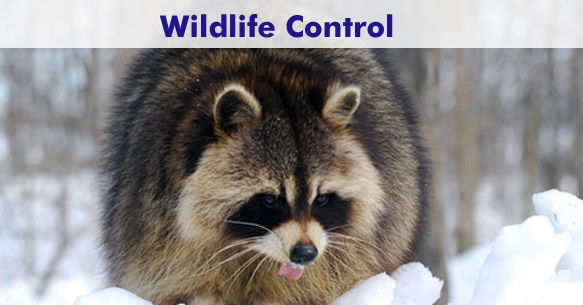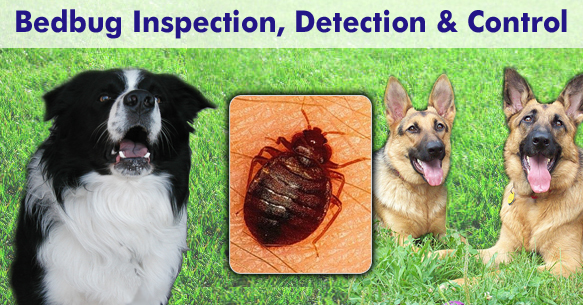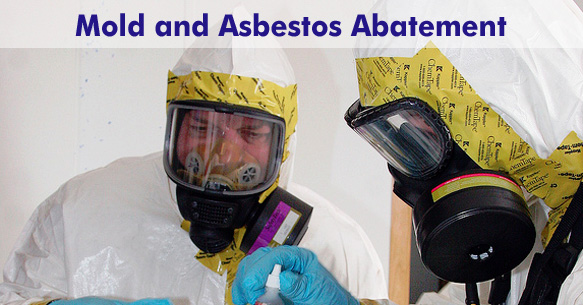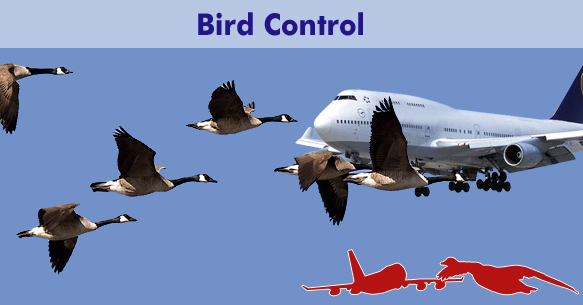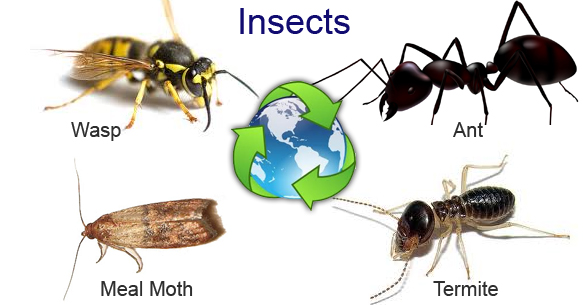
FALL Pest Problems
SUMMER Pest Problems
24/7 Pest Control Service
Integrated Pest Management
Pest Control Products
Integrated Pest Management
Integrated Pest Management Overview
Integrated pest management or IPM refers to an efficient as well as environmentally conscious approach to pest-control, which depends on the aggregation of sensible practices. IPM programs make use of up-to-date, comprehensive information concerning the life-cycles of pests plus the way they interact with their immediate surroundings and the environment as a whole. Such information in addition with available pest-control strategies, is made use of in managing pest damage in the most economically viable means, which also has the benefit of causing the least likely danger to property, people, and of course the environment.
Now this IPM approach to pest-control can be used in agricultural as well as in non-agricultural settings, like in the garden, home, and even the workplace. It is an approach that is open to utilizing any appropriate pest control/management option, which includes, but is not restricted to suitable pesticide usage. In contrast to this, organic food production, which makes use of a lot of the IPM concepts, restricts pesticide use to the ones produced by natural means only and rejects synthetic chemical pesticides.
IPM Tenets
An IPM system can be said to be based on these 6 fundamental components:
- Maintaining pest levels that is acceptable : The whole idea and thrust of the strategy is control, instead of eradication or total elimination. Moreover, such attempt at total eradication is usually impossible, with such attempt possibly being both expensive as well as environmentally unsafe.
- Applying cultural practices that are preventive: Choosing varieties that are most suitable for indigenous growing conditions, plus promoting healthy crops, remain the initial strategy as well as "cultural techniques" like crop sanitation plus plant quarantine.
- Monitoring: Periodic observation is central to IPM. This observation is two-fold. One is inspection and the other is identification. Visual inspection plus other measurement approaches plus monitoring equipment are used in monitoring pest levels. Also, precise pest description is important to the success of an IPM program.
- Mechanical controls : once an identified pest gets to an undesirable level, the first set of options of control under consideration is mechanical. Examples include simple handpicking, insect barrier erection, the use of traps, etc.
- Biological controls : Under consideration here are natural biological operations and materials that can ensure control, with little or no environmental impact, which is usually at minimal cost. The primary thrust is the promotion of beneficial insects that consume target pests.
- Responsible pest usage: Although synthetic pesticides can be made use of, generally they are usually only used on a need to basis and during particular times in the pest's life cycle.
IPM program approach
Based on the afore-mentioned tenets, IPM follows these four steps listed below in its practice.
- Set action borderlines
Before any action regarding pest control is taken, IPM first defines an action borderline, a level, which the population of pest/unwanted animals or environment conditions show that action regarding pest control needs to be taken. Seeing just one pest is not always a condition that means control is required.
- Monitor plus identify pest
Not every insect, weed, as well as every other living organism needs control. A lot of organisms are simply harmless and so beneficial. This is why IPM programs strive to watch over pests and accurately identify them. So that ideal control conclusions can be drawn together with action borderlines. This monitoring plus identification ensures that pesticides are made use of at appropriate times and that wrong pesticides are not made use of.
- Prevention
IPM programs as an initial line of defence or pest control manage the crop, indoor space, or lawn, so as to disallow pests from gaining a threat status. This may amount to making use of cultural methods, like rotating between various crops, planting rootstock that is pest-free among others.
- Control
Okay if monitoring, identification, plus action borderlines point to the required need for pest control, with preventive measures not being available or effective any longer, IPM programs will then determine what proper control strategy to make use of in the light of effectiveness as well as risk. After which, once again the whole gamut of monitoring, identification plus establishing action borderlines is carried out to determine effectiveness. If this reveals that this is not working, then further control methods are employed like target spraying of the concerned pesticides.
Nimby Wildlife and Pest Control is an integrated pest management company.
References:
EPA: Integrated Pest Management (IPM) Principles
http://www.epa.gov/pesticides/factsheets/ipm.htm
Wikipedia: Integrated Pest Management
The Nimby Advantage
- TRUE 24 hour service! Answered by a Nimby professional not an answering service.
- Professionally trained pest and wildlife control workers.
- Personalized service. We will tailor your pest or wildlife control measures to your individual situation.
- The Nimby guarantee. We will ensure your 100% satisfaction every time.
Site Links
Pest Identification
About Nimby
Nimby Education Centre
- Airport bird hazard risk assessment process.
- Nimby bird repellers, devices and aversion.
- Certified traps - AIHTA Implementation.
- Protecting your family and pets from rabies (MNR document).
- Bedbug fact sheet (City of Toronto)
- Avoiding bedbug hitch hickers.
- Pest Control Products Act.
- Nimby Fact Sheet - Preparation for Cockroach Treatment.
- Ontario Pesticides Act.
We Control:
Ants, Ant nests, Ask the experts, Bats, Beatles, Bedbugs, Bees, Bee Stings, Birds, Booklouse, Box Elder Bugs, Carpenter Ants, Carpet Beetles, Canadian Pest Management Association, Carpenter ant photos, Carpet beetles, Centipedes, Choosing a pro, Clothes moths, Clover Mites, Cockroaches, Controlling pests, Crows, Finding a Pro, Fleas, Flies, Gnats, Grain beetles, Geese, Gulls, Hantavirus, Home page, Index page, Insects, I.P.M. , Ladybugs, Mice, Millipedes, Moles, Moths, Mold, Other pests, Pantry Pests, Pest pro Associations, Pharaoh Ants, Phorid Flies, Pigeons, Pill Bugs, Powder post beetles, Psocid, Raccoons, Rats, Real Estate & Pests, Red-winged Blackbird, Rodents, Sea-gulls, Skunks, Spiders, Snakes, Sow Bugs, Starlings, Supplies for pest control, Termites, Wasps, Wasp Stings, Wasp Traps, Weevils, Wildlife pests, Wildlife control products
Service Areas
Nimby Pest Management offers Wildlife, Pest, Bird and Animal Control and Control and Removal throughout Ontario. Our Bird Control and Animal Control Services are available in Acton, Ajax, Barrie, Brampton, Burlington, Caledon, Georgetown, Guelph, Hamilton, Kitchener, London, Markham, Milton, Mississauga, Newmarket, Niagara Region, Oakville, Orangeville, Oshawa, Ottawa, Peterborough, Richmond Hill, St. Catharines, Scarborough, Toronto-Central West, Toronto-Central East, Toronto-Etobicoke, Toronto North York, Vaughan, and Whitby. We also serve all Canadian Provinces and most of the U.S. Please contact us for more information.
